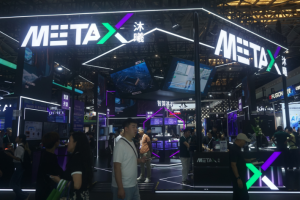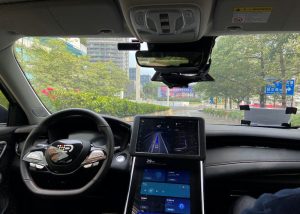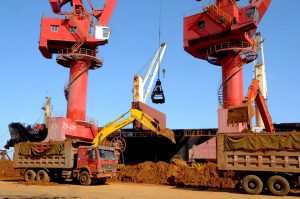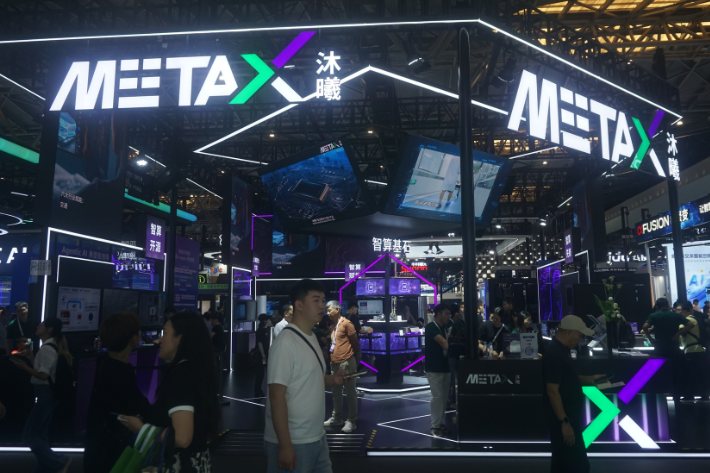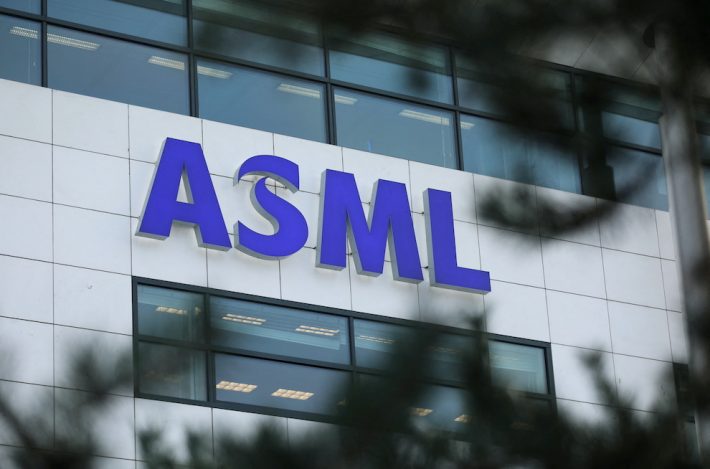China’s curbs on exports of the mineral antimony are squeezing battery makers, who say resulting increases in battery prices could make the industry severely vulnerable.
Beijing put in place restrictions on exports of antimony starting September last year, requiring companies to gain licences for each overseas deal for the key mineral. In December, Beijing extended that into an outright ban on shipments to the US.
For the world’s makers of lead-acid batteries those curbs have now become a major headache.
Also on AF: China Pushes Multi-Polar Currency System as Faith in Dollar Dips
“We consider it a national emergency,” said Steve Christensen, executive director at the US-based Responsible Battery Coalition, whose members include battery maker Clarios, Honda and FedEx.
He noted the key role batteries play in industry and civilian life, how antimony is used in military equipment, as well as the surge in spot prices. Antimony now costs more than $60,000 per metric ton, having more than quadrupled over the past year.
“There are no quick solutions… We were completely caught off-guard collectively, as an industry,” he said.
China likely produced 60% of all antimony supply in 2024, according to the United States Geological Survey. Much of the antimony mined in other countries is also sent to China for processing.
Since it introduced the licensing regime, however, China’s global exports of antimony are now just a third of the levels seen this time last year.
Meanwhile, despite the resulting shortage, the antimony curbs do not appear to have been discussed in last week’s efforts to stabilise a truce in trade tensions between the two countries.
Last week’s talks between China and the US also did not include any agreement on specialised rare earths such as samarium needed for military applications.
The antimony restrictions, though imposed as retaliation against US chip controls, precede its controls on rare earths and rare earth magnets that were imposed in response to US President Donald Trump’s tariffs.
Some sources outside China
Lead-acid batteries, commonly found in gasoline-engine vehicles, are mostly used to start the engine and to power low-voltage instruments. They are also used as sources of backup power in various industries and to store excess energy generated by solar and wind systems.
In addition to batteries, antimony is also essential to military equipment such as night-vision goggles, navigation systems and ammunition.
Overall antimony demand is some 230,000-240,000 tonnes a year, with lead-acid batteries accounting for about a third of that, according to consultancy Project Blue.
While many battery-makers may have access to antimony-lead alloy from recycled materials, Project Blue estimates they collectively need around 10,000 tonnes a year of higher purity antimony to top up the alloy to reach the right battery properties.
Securing that additional portion could be challenging.
Project Blue director Nils Backeberg said there is enough antimony outside China to satisfy non-Chinese demand but buyers need to compete with Chinese purchasers such as the country’s huge solar industry, and China’s smelters are able to offer better terms.
“With antimony prices at nearly five times normal market conditions, the cost becomes a factor and with supply limited on the Western market, a shortage is being felt,” he said.
Fears of greater price spikes
For now, it seems that battery-makers’ antimony woes have not yet led to cuts in output, with companies like Germany’s Hoppecke saying they have managed to pass on higher costs. Japan’s GS Yuasa said it has passed on costs to some customers and is negotiating with more of its customers to do so.
One source at an Indian battery maker said antimony represented only a small cost of a battery and price increases were being passed onto customers, but any more price rises could spell trouble.
“If the price does increase further, everyone (in the industry) will be vulnerable,” said the source who was not authorised to speak to the media and declined to be identified.
The companies and the source at the Indian battery maker declined to disclose the size of their product price hikes.
In a sign that profits are being affected, India’s Exide Industries blamed high prices for antimony when it logged smaller-than-expected income for its fourth quarter.
Christensen of the Responsible Battery Coalition said policymakers should treat the issue as one of national security, arguing that Western countries had become “overly reliant on a single geopolitical adversary for minerals foundational to both national defence and civilian life.”
Christensen also said US companies are hugely reliant on China for their supply of antimony and buyers are increasingly having to procure from an emerging “grey market”, where sellers that have stocked up on the material are charging extremely high prices.
“For the US, the path forward must include onshoring processing capacity, scaling domestic recycling, and building strategic mineral alliances with trusted partners, he added.
“Otherwise, this crisis will repeat itself again and again.”
- Reuters, with additional editing by Vishakha Saxena
Also read:
Korea’s Hyundai Has Rare Earths Stockpile That Can Last A Year
Carmakers Stressed by China’s Curbs on Critical Mineral Exports
China Plays Rare Earths Card in EV Tariff Negotiations With EU
China Export Curbs on Rare Earth Magnets: a Trade War Weapon
China’s Rare Earths 1, Donald Trump 0
Lessons From Japan on Tackling China’s Rare Earth Dominance
China Sets up Tracking System to Trace Its Rare Earth Magnets
China Follows US Playbook in Rare Earth Crackdown; Tesla Hit
China’s Critical Minerals Blockade Risks Global Chip Shortage
China’s Gallium Curbs a Headache for EV Carmakers
Western Firms Struggling to Break China’s Grip on Rare Earths





